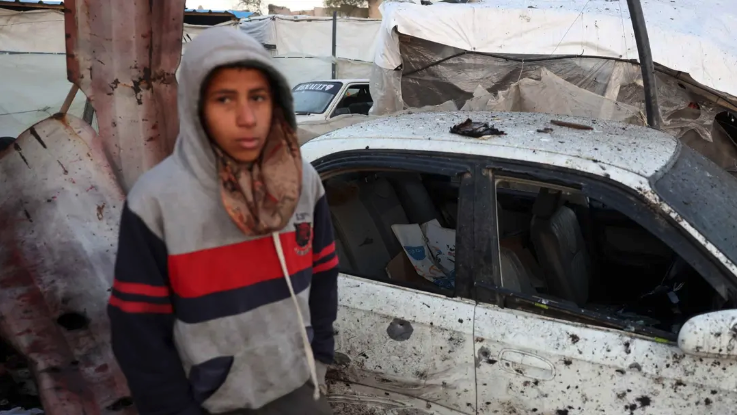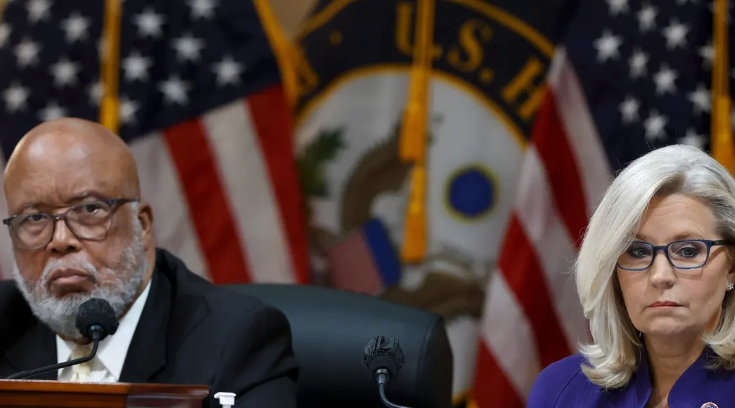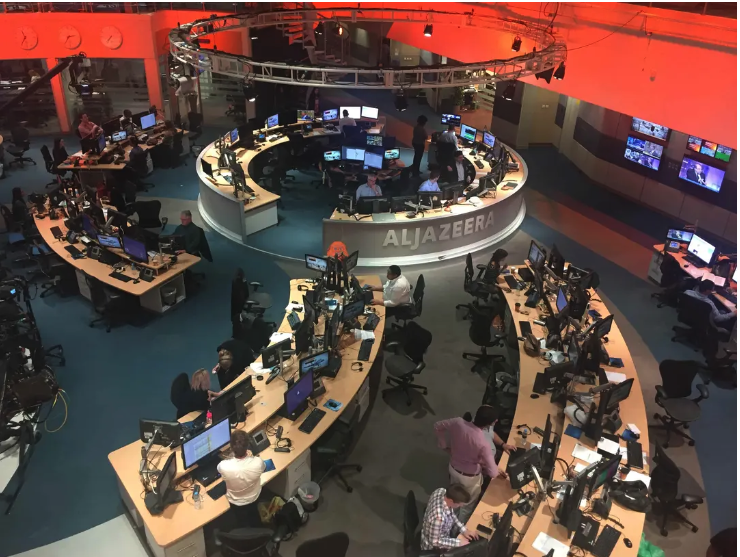Senior Hamas Official: 'Good Chance' Negotiations Succeed
Senior Hamas official Mousa Abu Marzouk told a Qatari outlet on Thursday that "there is a good chance that negotiations will succeed this time" regarding a cease-fire in Gaza and the release of Israeli hostages. In contrast, Israeli figures have indicated that talks have stalled.
Facts
- Senior Hamas official Mousa Abu Marzouk told a Qatari outlet on Thursday that "there is a good chance that negotiations will succeed this time" regarding a cease-fire in Gaza and the release of Israeli hostages. In contrast, Israeli figures have indicated that talks have stalled.[1]
- Hamas accused Israel of adding new conditions for a deal last week, leading to a "delay in reaching an agreement that was within reach." In turn, Israeli Prime Minister Benjamin Netanyahu claimed that Hamas was "reneging on understandings."[2]
- Israeli media reported that Netanyahu said during a high-level meeting last week that Israel would resume fighting after a deal, adding that "returning to fighting is needed in order to complete the goals of the war." Hamas has repeatedly said that it will only accept a deal that leads to a permanent cease-fire, though it has reportedly shown some flexibility.[3]
- Talks have reportedly focused on establishing a 60-day cease-fire in exchange for the release of some hostages and Palestinian prisoners and increasing humanitarian aid to Gaza. Talks with mediators in Egypt were reported on Wednesday, with further discussions expected in Qatar.[4][5]
- Meanwhile, Israeli strikes on Gaza killed 63 on Thursday, including in al-Mawasi, which Israel designated as a "safe zone," and northern Gaza’s Jabalia refugee camp. The Director General of Gaza's police force, Mahmoud Salah, was among those killed.[6]
- The humanitarian situation in Gaza also continues to worsen due to bad weather, Israeli restrictions on aid, and lawlessness. Intense fighting has continued in northern Gaza, with the UN saying that Israel has blocked 48 out of 52 attempts to coordinate humanitarian access to the area.[7][8]
Sources: [1]The Times of Israel (a), [2]The New York Times, [3]The Times of Israel (b), [4]The Jerusalem Post, [5]Middle East Eye, [6]Al Jazeera, [7]CNN and [8]UN News.
Narratives
- Pro-establishment narrative, as provided by ABC News. Now that quiet has been found on the Lebanese-Israeli border, the US will continue to work toward a cease-fire in Gaza that ensures the release of Israeli hostages and the end of Hamas' rule over the Palestinian enclave. The recent events in Syria further solidify the need for stability, and the US will work toward that goal.
- Pro-Israel narrative, as provided by The Jerusalem Post. Hamas is again sabotaging a hostage deal because insufficient pressure has been applied to the terror group. Hamas won't even give negotiators a list of hostages it would be willing to release, turning negotiations into a circus. Some progress has been made in recent weeks, but there's still a long way to go.
- Pro-Palestine narrative, as provided by Middle East Eye. The primary obstacle to a deal, as always, is Benjamin Netanyahu. Netanyahu wants to stymie negotiations for his own political benefit. Though the US has said that it wants to see an end to the war, it continues to support Israel and Netanyahu's intransigence.







